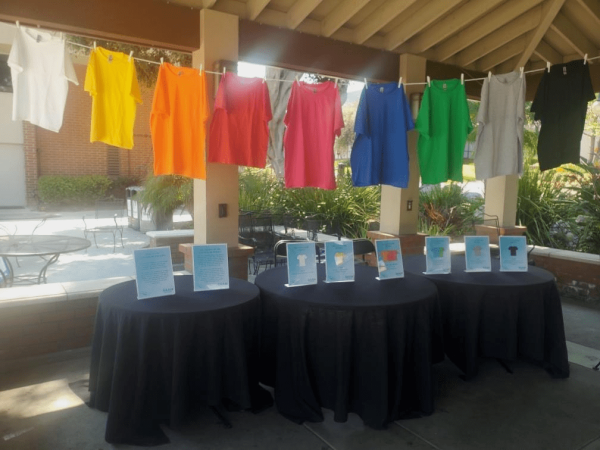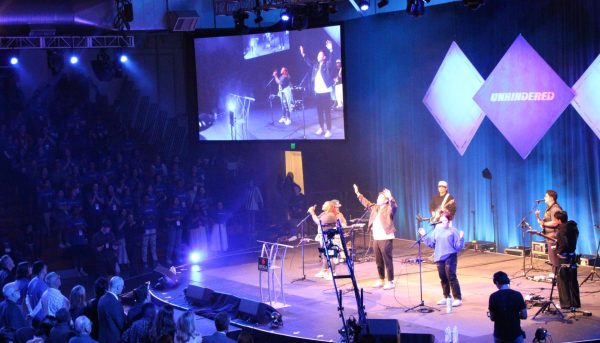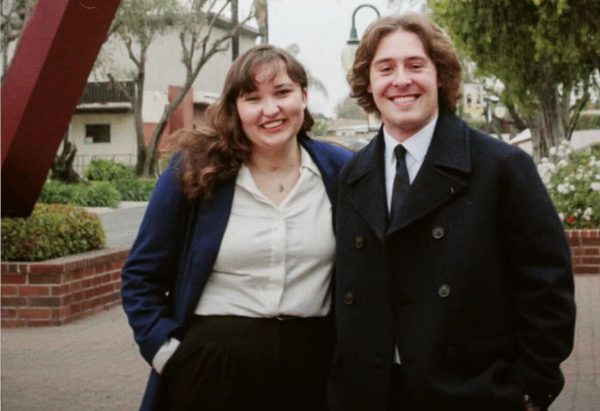Biola moves up on list of best U.S. colleges
Biola was once again placed on U.S. News and World Report’s list of “America’s Best Colleges.” This year, Biola ranked as a tier three school instead of a tier four school.
September 8, 2009
Biola was once again placed on U.S. News and World Report’s list of “America’s Best Colleges,” which was released at the end of August. This year, Biola ranked as a tier three school instead of a tier four school.
For over 20 years, Biola has maintained a spot on this nationally recognized list. There are seven elements by which each school is rated, and everything from faculty resources to alumni giving rates to retention rates are analyzed. The primary factor in this ranking system, however, is peer assessment, which accounts for 25 percent of the grade. This allows other nationally ranked institutions to vote on peer institutions in a number of ways, including faculties’ dedication to teaching as well as academic programs.
“Regardless of how irritated we may get with this ranking criteria, it is what families and students are looking at and we have to pay attention that Biola is getting represented well,” said Greg Vaughan, vice president of enrollment management.
Biola owes much of the credit for moving to a tier three school in 2009 to Biola’s marketing and public relations department, Integrated Marketing Communications, Vaughan said.
“We are thankful for moving up. And it’s not so much that we have changed, but Biola did a better job of representing who we are,” Vaughan said.
Being on this list shows that Biola is producing great faculty and students, which allows Biola to continue to maintain a standing in the ranking, said André Stephens, director of undergraduate admissions.
The admissions office at Biola watches the U.S. News and World Report list because many prospective students see view Biola through this third-party source and base their decisions on it. As one of only a handful of Christian colleges in the nationally ranked category, Biola uses this tool while recruiting students to show how Biola is academically strong, while maintaining a Christian emphasis, Stephens said.
According to Biola’s Web site, 68 percent of Biola faculty members have doctorates, which emphasizes the importance of education and leadership. Biola, founded in 1908, is the second-oldest private Christian college in the national ranked list. Biola also has a relatively high percentage of full-time undergraduate students compared to the other Christian schools on the report. Biola’s student population is 91.7 percent undergraduate, while Pepperdine University’s is 87.7 percent, and Azusa Pacific University’s is 84.3 percent. For some, however, rankings aren’t a determining factor in coming to Biola.
“I really felt God on this campus when I came to visit, and I knew it was where I was meant to be,” explained freshman Rachel Holm.
This holds true in admissions as well, where every student writes an essay sharing their faith journey, and about how they are engaged in school, church, and community activities, Stephens explained.
“For us to be able to tell students at Biola, ‘You’re getting strong academics and at the same time strong biblical and spiritual integration without compromising either,’ I think is great,” Stephens said.






